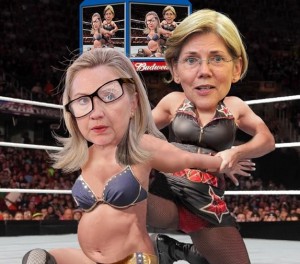Oil prices plummet in US. What does this mean.
The tumbling oil price has a real impact on Americans’ lives. The good: prices at the pump are at a historic low, dipping below $3 in some states. The bad: Stock market volatility hurts investors, raises questions about the robustness of the economic recovery and places severe pressure on domestic oil producers.
Prices rebounded on Friday, holding above $80 a barrel. But that did not dull the questions about America’s ability to maintain the pace of the oil boom that has blossomed in recent years.
Critics say that production in the very formations that are most responsible for the U.S. oil boom is endangered by two major factors: a lack of infrastructure at home, which makes the storage and refining of crude more complicated than it should be, and the potential for the oil price to plummet further if the Organization of the Petroleum Exporting Countries (OPEC) doesn’t cut its output.
“The market has gotten oversupplied, and with the potential for domestic prices to fall by another $6-$8, certain unconventional plays are no longer economic to develop,” said James Fallon, director of research and consulting with IHS energy team.
“So producers aren’t going to keep putting money into developing new wells and completing new wells, and so they will just stop drilling and that will slow down production,” Fallon said.
If that were to happen, the critics say, it would be a dismal waste of new technologies that have moved the United States within touching distance of its long-cherished goal of energy independence.
This week, international Brent crude oil fell to its lowest benchmark in four years, hitting $82. The U.S. domestic West Texas Intermediate (WTI) crude oil benchmark also dipped below $80 a barrel for the first time in more than two years.
Analysts attributed the drop to an economic slowdown and reports that OPEC is unlikely to cut production anytime soon. The first point was given added force when the International Energy Agency slashed its forecast for growth in demand for oil.
s next year, or when prices get better. But those decisions aren’t being made today and will probably come in the next couple of weeks.”
Meanwhile, further cause for guarded optimism came when Bank of America Corp. predicted that OPEC would “likely curtail” its production to “lend support to oil prices.” Such a move would, in turn, help U.S. domestic prices recover.
But there is no guarantee it will happen, and OPEC has yet to move in that direction.
“When the flat price of crude begins to fall globally, there is pretty big exposure that domestic price will fall even further than that. And when that domestic price falls far enough, you really will start to see production impacts,” Fallon said.
Such a scenario could in turn create a “pretty big disruption to cash flow” for the small independent producers that make up most of the operations in the Bakken and Permian.
If those independent producers have “financial balance sheet problems” because of the drop in oil prices, Fallon said, “that could be very disruptive to the momentum of the growth of unconventional oil production.”










